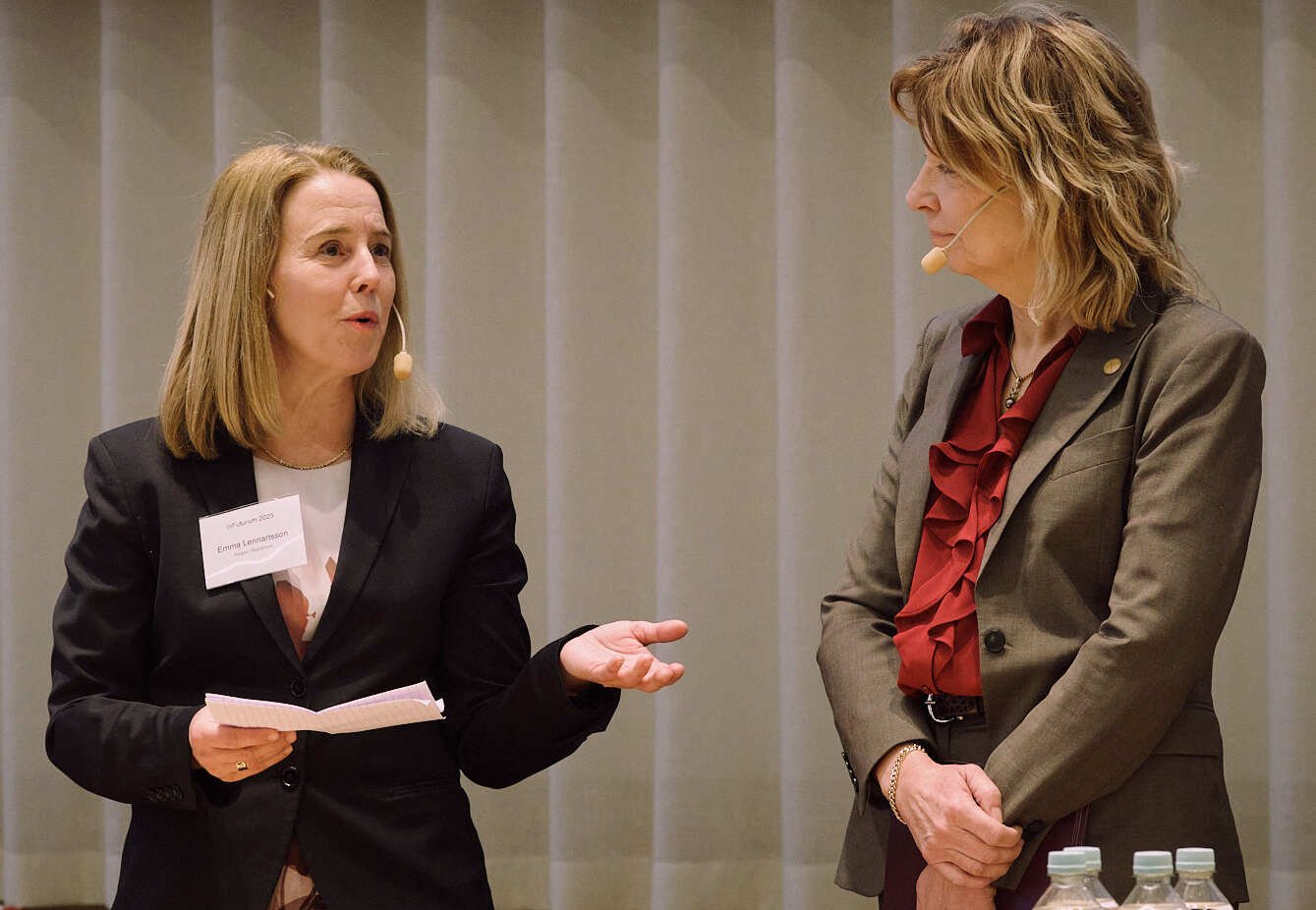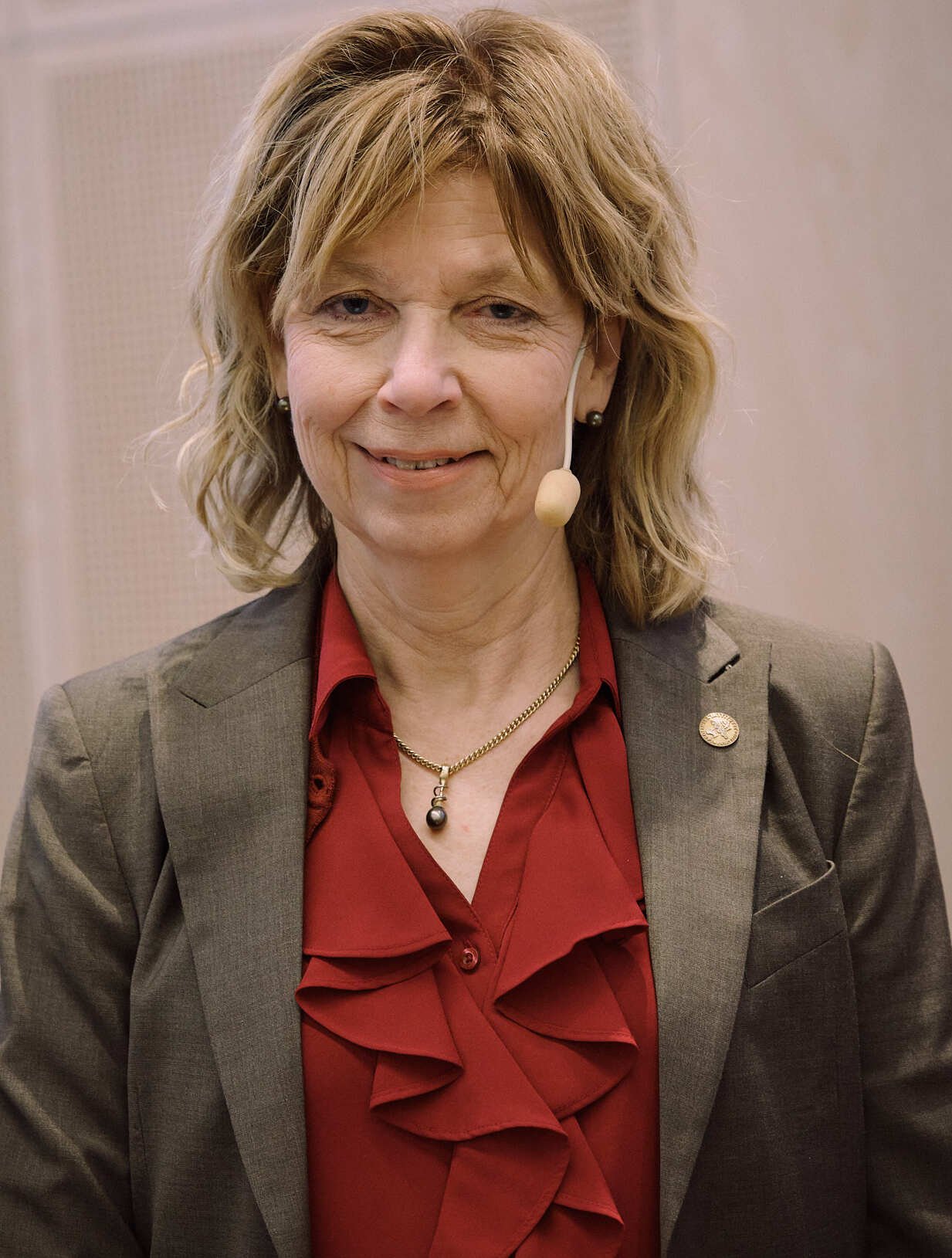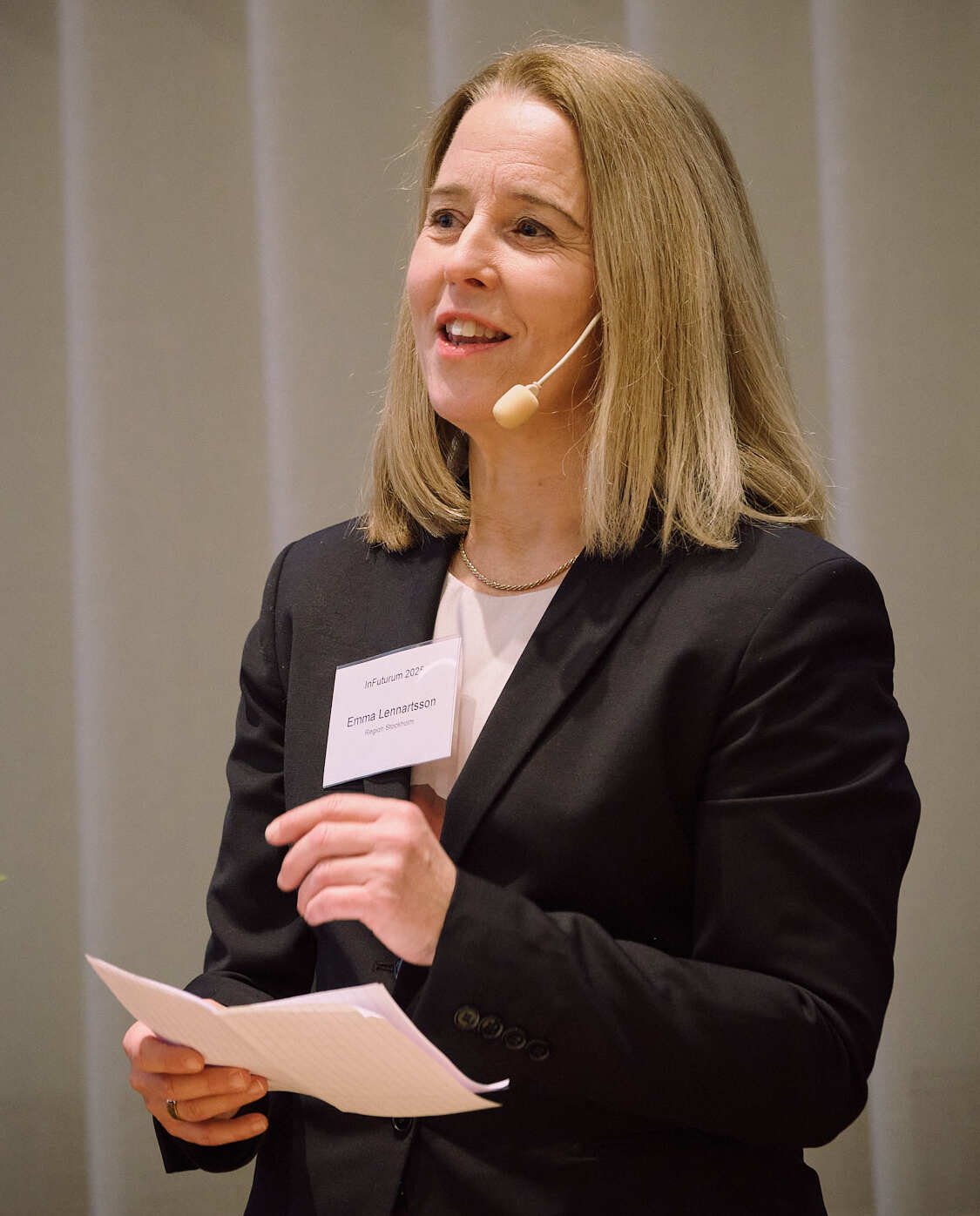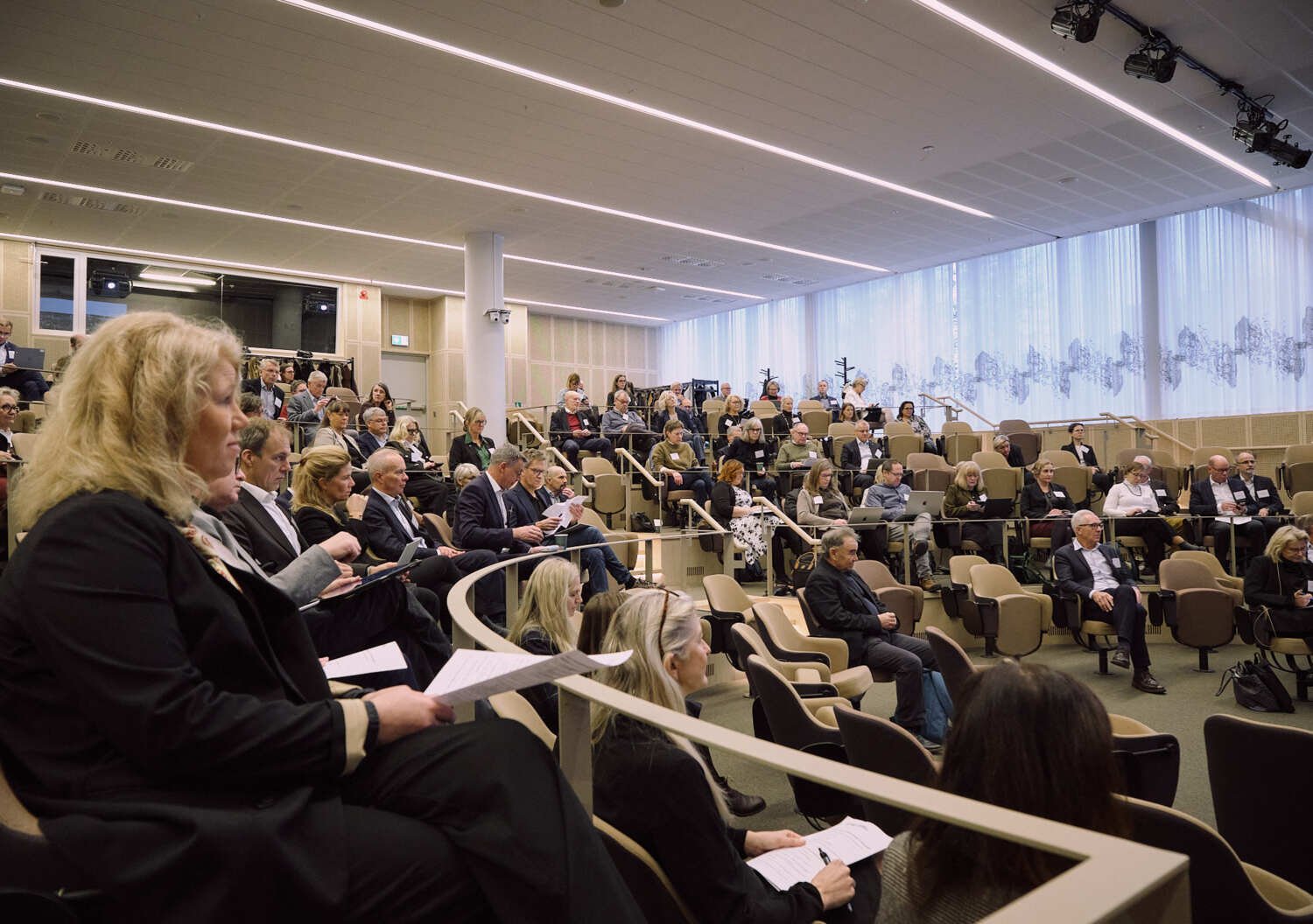ALF regions meet in Stockholm to discuss future of education, research and care

The InFuturum meeting in Stockholm gathers together Sweden’s seven ALF regions for a discussion on the future of education, research and care with a focus on common challenges, from health data to changing global trends.
On 27 and 28 November, Stockholm is the host of this year’s InFuturum, an annual forum for Sweden’s seven regions and seven universities covered by ALF, the agreement the government has with the regions on the training of doctors, clinical research and healthcare development.
This year’s conference, which tours the different regions, will bring together some 100 healthcare and university principals to strengthen their collaboration in these areas.

“Our collaboration with the healthcare sector is fundamental to clinical research and education, as well as to the supply of talent, innovation and development,” says KI president Annika Östman Wernerson. “However, we need clearer rules and responsibilities as to how we’re to strengthen clinical education and research together. InFuturum is a unique forum in which we can raise these issues openly and constructively.”
The interaction between the government and the regions, with their respective responsibility for higher education institutions and healthcare provision, is essential to guaranteeing the quality of clinical education and research.
Important to share experiences
The university hospitals play a crucial part in this collaboration, and InFuturum provides all stakeholders with an important arena for discussing common challenges and mutual experience sharing.

“The InFuturum dialogue meetings contribute to the national development of clinical research, education and healthcare, which in turn raises the quality of the care the regions provide,” says Emma Lennartsson, Stockholm regional director. “It’s important to meet to discuss matters collectively and future-proof the way we work, and particularly nice to welcome delegates from Sweden’s universities with medical faculties and regions with university hospitals to Stockholm.”
The first day of the conference opens from an international and national vantage point, looking at changes in the wider healthcare environment and the shifting relations between Europe and the USA. There will then be a section on health crises with a focus on how the higher education and healthcare sectors can enhance their joint preparedness and act efficiently in the event of a crisis.
Health data and education on the agenda
Conditions for clinical education, doctoral education and research will also be discussed, in particular the new medical programme, the quality of doctoral education and time for clinical research.
Day two will be partly devoted to a field that is as complex as it is topical: health data. Access to patient data for the purposes of research is seen as a key issue for the development of healthcare and new therapies – but also as an area where national solutions are still absent.
The point of InFuturum is not to settle on any formal decisions; rather, it is to create a space where regions and universities can meet to identify common needs and – whenever possible – draw up a roadmap for the future. It is hoped that the conference will reinforce national cohesion in this regard and help to build sustainable and conducive conditions for education, research and healthcare development.

